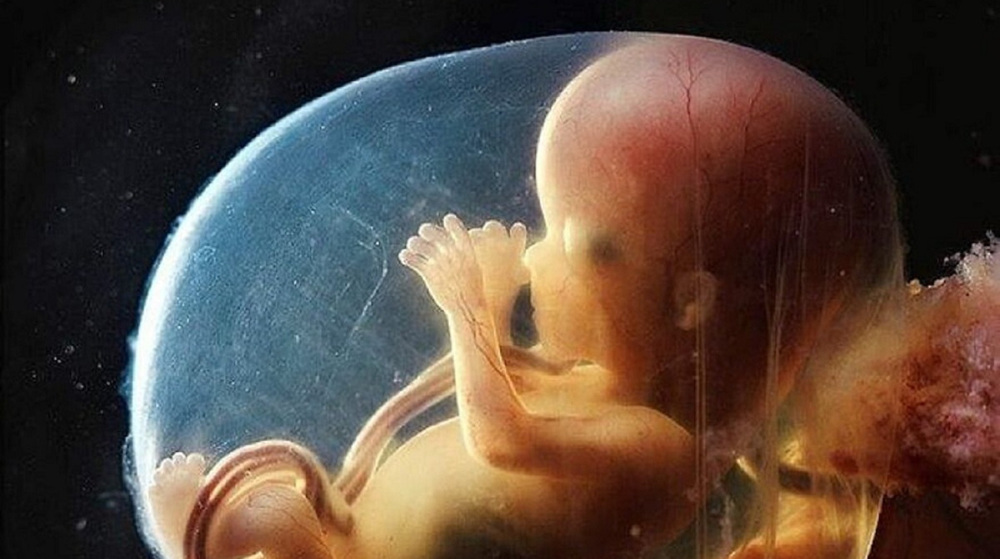Zika could threaten more than just infants, scientists say
Research shows the Zika virus could have a detrimental impact on brain development and growth at any age, leading to blindness, deafness and other impairments.
Babies infected with Zika can face severe brain damage even if symptoms are not apparent at first, and are at risk of permanent physical, mental and cognitive disorders as they continue to grow, according to a Wednesday report in mcclatchydc.
In the report, named Zika dangers could threaten more than just infants, scientists say, “It’s well known that there are certain viruses that cause problems in the fetal brain.”
“But, the brain continues to develop after birth, and we don’t know the other (impacts) yet,” said Deborah Levine, radiology professor at Harvard Medical School, as quoted in the article.
“Babies infected with Zika could face several developmental issues aside from microcephaly – a typical indicator of the virus – such as potential blindness, deafness and an inability to move normally,” Levine said.
The report also cites a Zika study published on August 18 conducted partly by La Jolla Institute of Allergy and Immunology, revealing Zika not only put children at risk, but also affected the brains of adult mice.
“It shifted the focus from fetuses to adults, and also children whose brains are still developing,” said Sujan Shresta, a professor at La Jolla Institute of Allergy and Immunology, who is a co-author of the Zika study.
“We’re trying to suggest that this is one more aspect and that we should pay attention to children and adults, too,” she said.
Researchers are still unsure how the virus affects its victims after they are infected. They do not know for sure how the virus is spread.

The Zika virus, which was first identified in the Zika Forest of Uganda in 1947, has since been known to occur in equatorial regions in Africa, Asia and Americas. To date, Zika has been confirmed in 72 countries and territories.
Efforts to eliminate the virus by killing carrier mosquitoes have resulted in the death of multitudes of honey-producing bees sprayed with insecticide.
Pezeshkian: Iran open to talks but prepared to crush enemy if attacked
Araghchi: Iran-Russia strategic deal step toward ‘more just world’
UNRWA unraveled amid Israel's allegations, reduced intl. support
Palestinian journalist, a Sobh Media Festival awardee, killed in Gaza hours before truce
Jan. 15: ‘Axis of Resistance’ operations against Israeli occupation
VIDEO | Fears, hope in Gaza amid intensified ceasefire efforts
VIDEO | Press TV's news headlines
Hamas: Ceasefire agreement result of steadfastness, resistance in Gaza over 15 months










 This makes it easy to access the Press TV website
This makes it easy to access the Press TV website